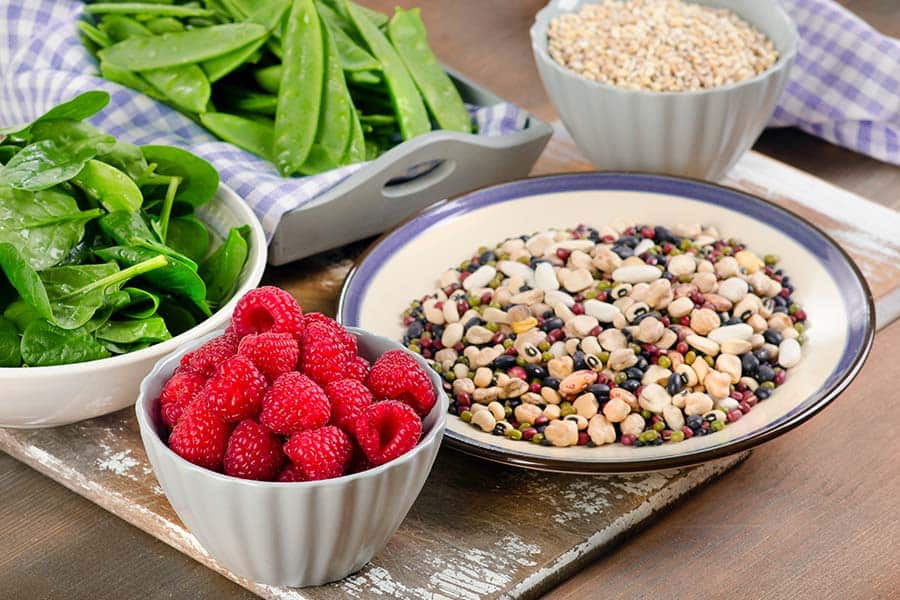The Benefits of Dietary Fiber

With so many diet trends coming and going, it can be hard to know what you should and should not be eating. It’s important to look past certain trends at what your body definitely needs and be sure that you are getting the sufficient amount of those minerals and proteins to live a healthy lifestyle. While low carbohydrate diets are all the rage, knowing the different types of carbs can help you distinguish between what to eat and what to avoid. For instance, one type of carbohydrate that the USDA considers “a nutrient of concern” because folks aren’t consuming nearly enough is fiber.
What is Fiber?
Fiber is a carbohydrate found in plant based foods. This nutrient is unique because while it can’t be digested by humans, it moves through the digestive tract along with other digestible nutrients. One benefit of this is that as fiber stays intact, it absorbs water creating more bulk which allows you to feel fuller. It also fuels your colon cells, helping your body process and get rid of waste. Fiber is an important part of good gut health, and this is especially true the older you get.
What Foods have Fiber?
It is estimated that the average adult consumes less than half the recommended amount of fiber, and incorporating fiber rich foods into your regular diet could easily be the change you need! Mainy of your main food groups contain fiber, so in order to reach the recommended amount of 25 grams for women and 38 grams for men, add these to your shopping list!
Fruits: Avocados, pears, raspberries, strawberries, passion fruit, breadfruit, and boysenberries.
Vegetables: Artichokes, broccoli, sweet potatoes, beets, carrots, brussel sprouts, and kale
(Most vegetables have a healthy dose of fiber, so including any should see an increase in fiber and gut health)
Legumes: Lentils, black beans, lima beans, chickpeas, kidney beans
Grains: Oats, popcorn, brown rice, quinoa and barley
Fiber and Weight Loss
One trend in dietary studies have linked the increase of fiber to a decrease in weight gain. There are several reasons for this, but the biggest is that fiber filled foods do make you feel more full than foods without it. A general, more satisfied feeling with your food causes you to eat less and crave less foods that are high in sugar and fat. This is one reason why individuals who consume the recommended amount of fiber tend to have lower rates of heart disease, diabetes, obesity, hypertension, and digestive issues.
Consider Fiber Supplements
Some people struggle to get the recommended amount of fiber. For many, conditions like a gluten allergy or celiacs reduces the amount of food groups available, considering most people get their fiber through grain or wheat based products. If you think you might be coming up short on your fiber intake, or if you feel like your body has a bad reaction to high fiber foods, consult with your doctor or nutritionist on the best ways to get what you need to be healthy!
Comments
Post a Comment